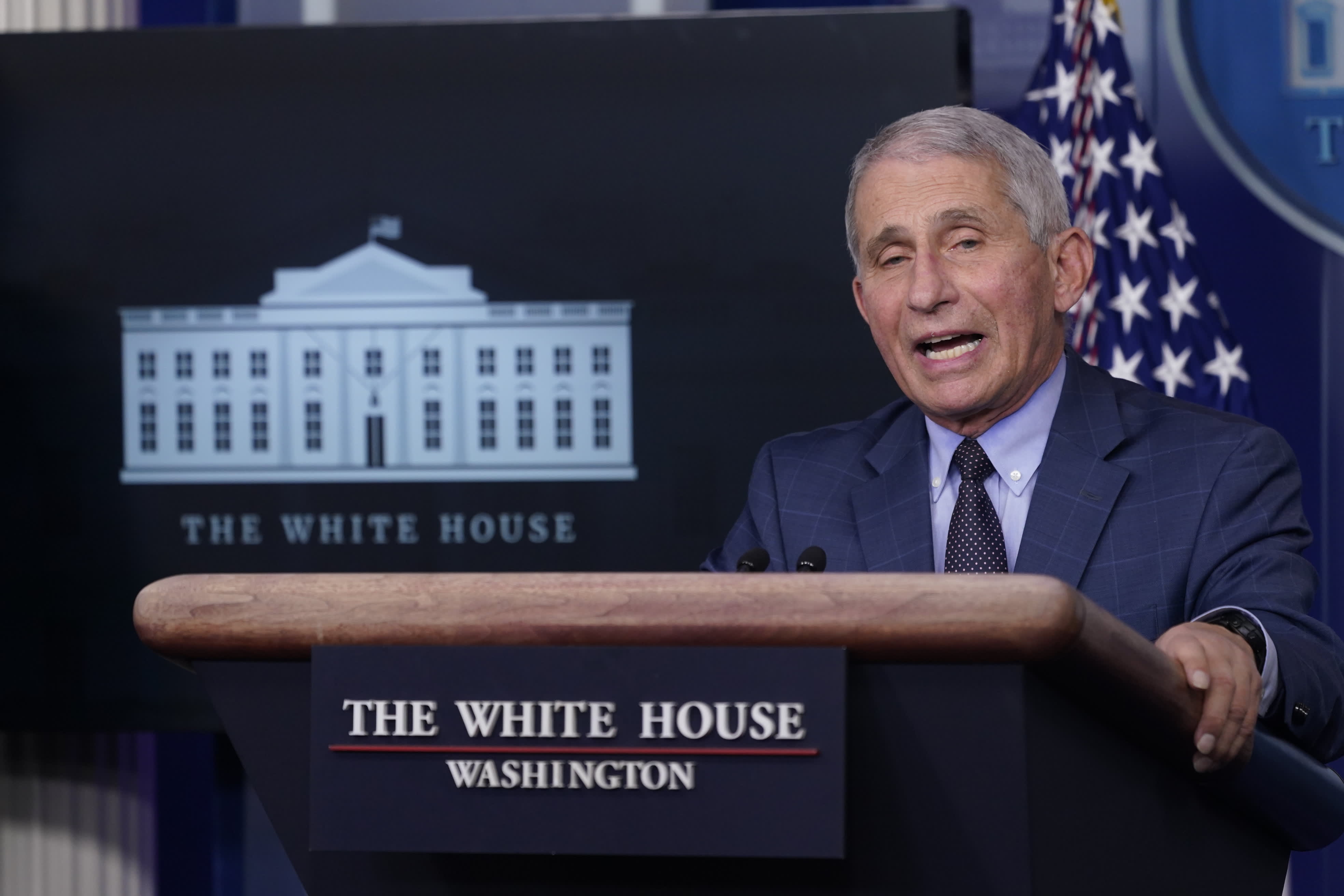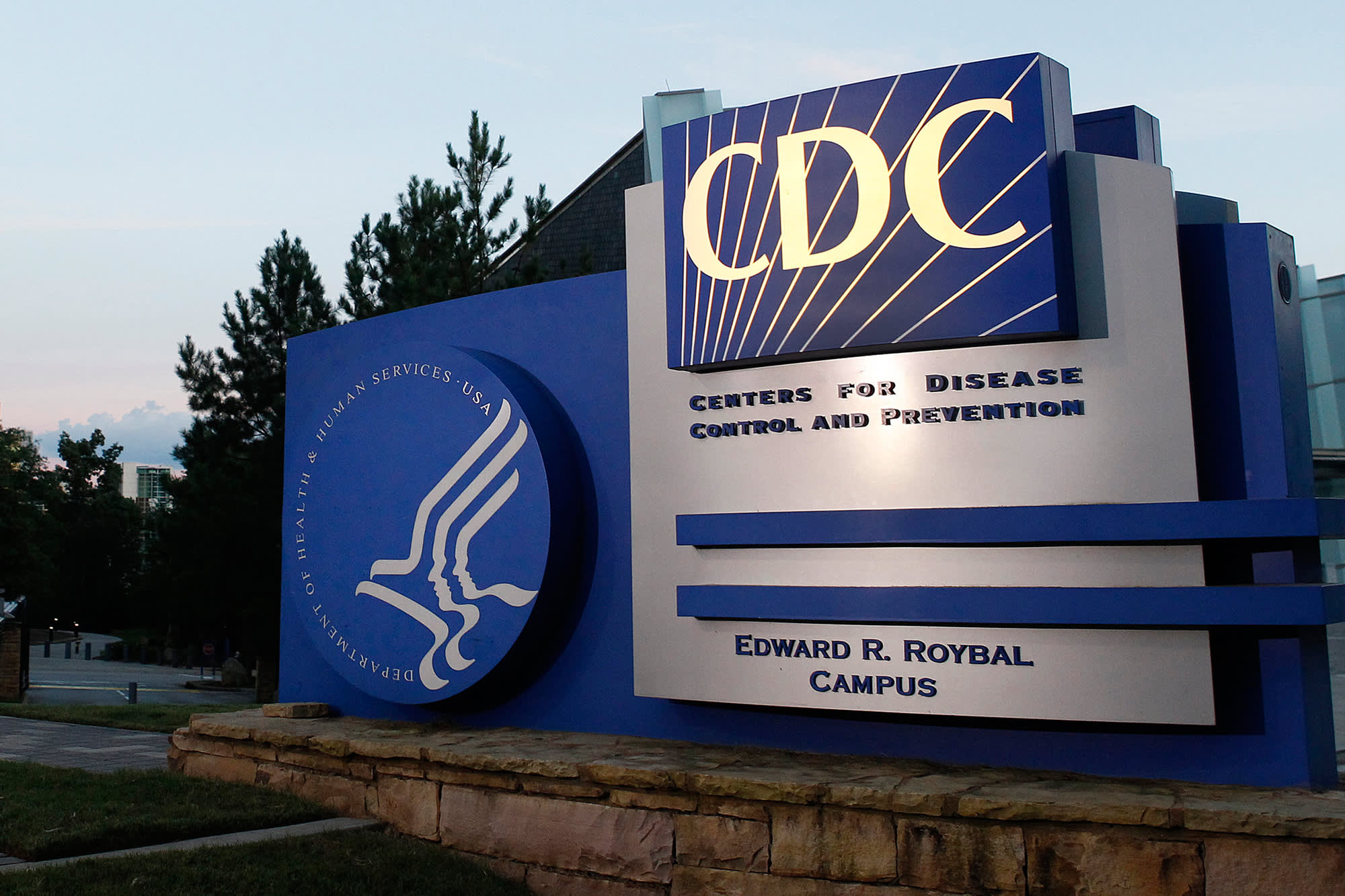Illinois' top doctor offered up some recent clarification surrounding new guidance from the Centers for Disease Control and Prevention shortening the recommended length of quarantine after exposure to someone with COVID-19.
Illinois Department of Public Health Director Dr. Ngozi Ezike said that while the agency recommends people exposed to someone with the virus can stop quarantining after 10 days as long as they have no symptoms, it does not mean that someone won't develop symptoms after those 10 days.
"Risk of that happening is 1-10%," Ezike said.
She also noted that while people can stop quarantining after seven days if they also receive a negative test and no symptoms, "you still have to quarantine between the time you took the test and when you got the negative result."
Ezike said the change in guidance aims to encourage additional compliance.
"Better adherence can reduce stress by less infections," she said.
The new guidelines released Wednesday will allow people who have come in contact to someone infected with the virus to resume normal activity after 10 days if no symptoms are reported, or 7 days if they receive a negative test result. That’s down from the 14-day period recommended since the onset of the pandemic.
Dr. Henry Walke, the agency’s coronavirus incident manager, said on a call with reporters that the sample for the negative test should be collected within 48 hours of the final day of quarantine.
“We continue to refine our guidance to prevent transmission and protect Americans,” Walke said. “Reducing the length of quarantine may make it easier for people to follow critical public health action by reducing the economic hardship associated with a longer period, especially if they cannot work during that time.”
Walke added that regardless of the length of quarantine, people should monitor their own symptoms for a full 14 days after an exposure.
Coronavirus Pandemic Coverage
The policy change has been discussed for some time, as scientists have studied the incubation period for the virus. The policy would hasten the return to normal activities by those deemed to be “close contacts” of those infected with the virus, which has infected more than 13.5 million Americans and killed at least 270,000.
While the CDC had said the incubation period for the virus was thought to extend to 14 days, most individuals became infectious and developed symptoms between 4 and 5 days after exposure.
Chicago Mayor Lori Lightfoot said the city plans to follow new guidance.
"We will follow the CDC guidelines," Lightfoot said during an unrelated briefing Thursday. "Look, at the end of the day what we're trying to do is make sure that people a have access to the right information, have the tools that they need to protect themselves, and that we actually get compliance. So that's why I think in part, the CDC revisited the length of the quarantine period."



